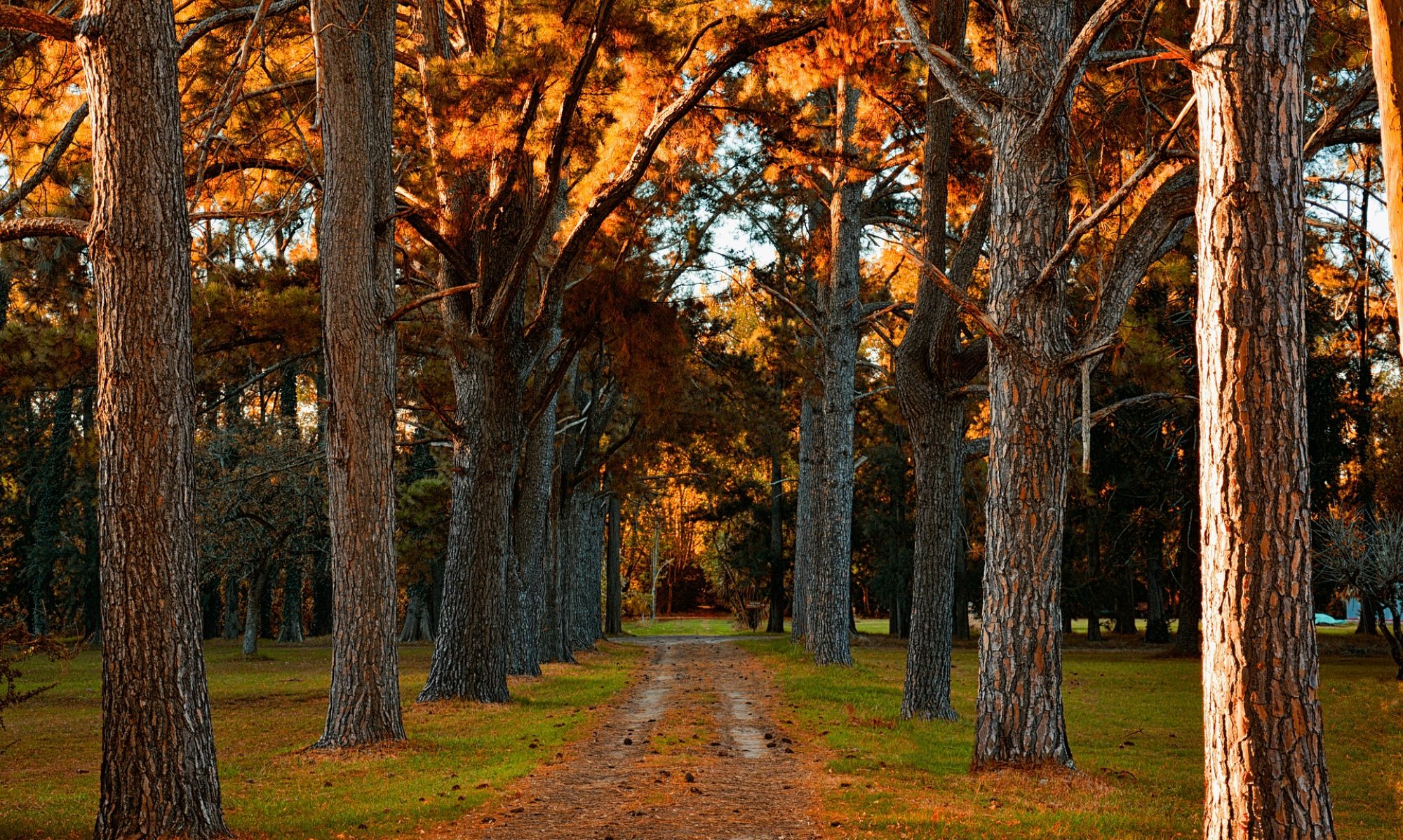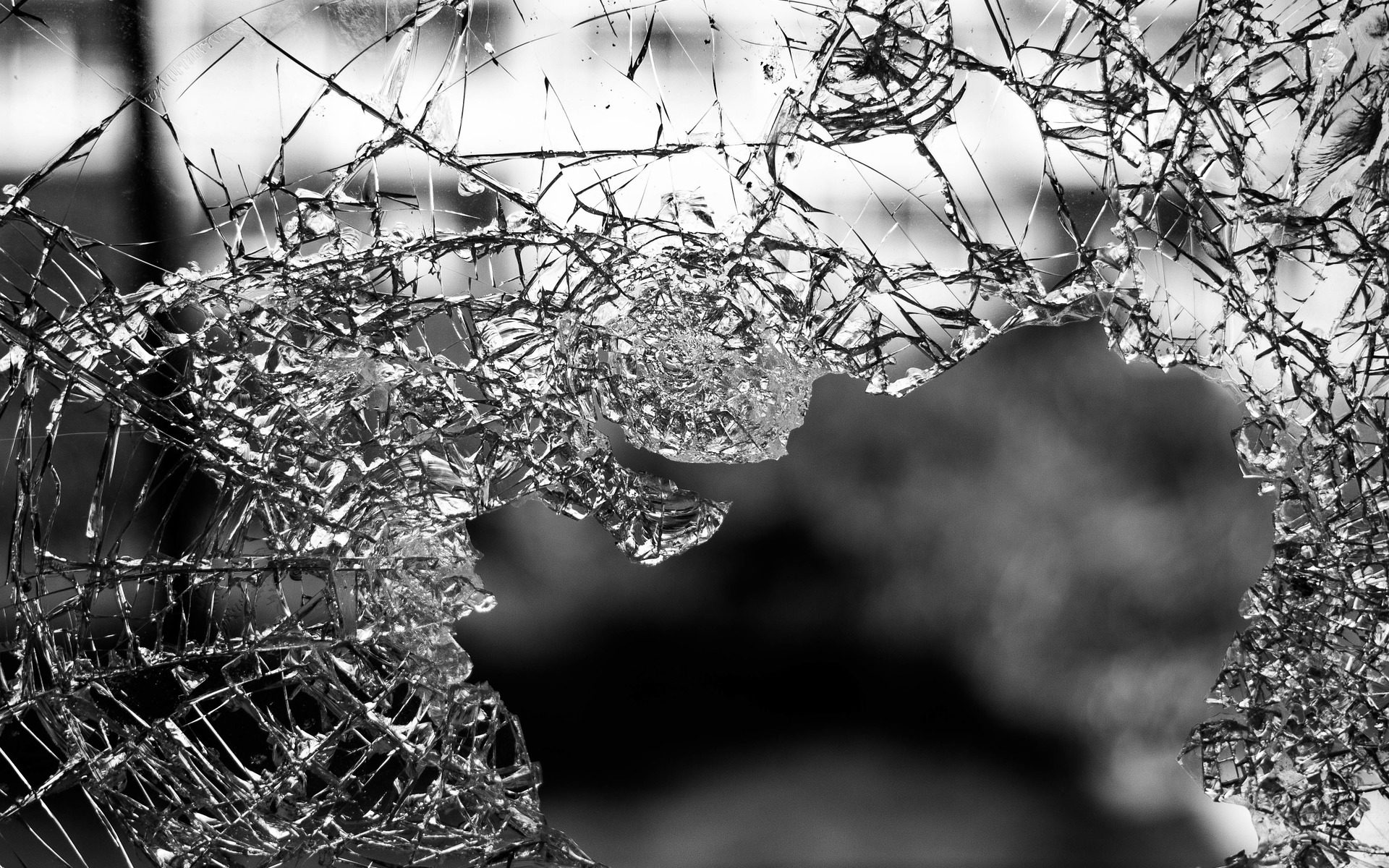Over the past month or two, it has taken me some time to write about Tisha B’Av and preparing for the High Holidays, the sacred Jewish liturgical period of the Yamim Noraim, the Days of Awe and Wonder.
This is in part because of the day to day stresses and changes of life, but also because I have been genuinely wrestling with the meaning and place of brokenness and sacredness, new beginnings and endings, and sacrifice and atonement, especially from the perspective of a contemporary 21st Century Jew and American Zen practitioner.
Between the Straits
The sun and moon of the Jewish High Holiday season are the twin holidays of Rosh Hashanah and Yom Kippur, the Jewish New Year and Day of Atonement ten days later; yet the entrance gate of the Jewish period of annual reflection and penitence begins nearly two months earlier commencing with the three-week period of mourning between Shivah Asar B’Tamuz and Tisha B’Av.
In the Jewish calendar, this three-week period Between the Straits (Bein Hametzarim) has become a time of terrible mourning for the multiple serial losses befalling the Jewish nation and people. Shivah Asar B’Tamuz is a day that commemorates Moses’ shattering of the ten commandments and the breach of Jerusalem’s city walls before the complete destruction of the First and Second Jewish temples in ancient Jerusalem commemorated three weeks later on Tisha B’Av.
Rabbi Alan Lew writes:
What is the recurring disaster in our life? What is the unresolved element that keeps brining us back to this same moment over and over again? What is it that we keep getting wrong? What is it that we persistently fail to look at, fail to see?
“You do not desire sacrifice, for you do not delight in burnt offerings raised up to you. The sacrifices of God are a broken spirit and a broken heart. Do not despise a contrite God (Psalms 51:16-17; translation by author).
Where is God in This?
During a weekend training in Spiritual Direction I completed a couple of years ago, the program faculty emphasized and re-emphasized the importance of a single question, a question deceptively opposite Rabbi Lew’s questions above, though not all that different from them at all: Where is God in this?
In Moses choosing to shatter the Ten Commandments, where is God in this? In the destruction of the First and Second great Jerusalem temples, where is God in this? In the unresolved traumas of life, where is God in this? In the recurring disasters of our lives, where is God in this? In the destruction and suffering of my own life, where is God in this?
Hear my Voice! Shma Bekoli!
When I first learned about Zen Buddhism and meditation, I experienced a terrible resistance to practicing zazen (Zen meditation). When I sat in meditation, there were six million souls sitting atop my shoulder. Where could God possibly be in this?
As the first year and second year went by, slowly, this burden felt lighter and still lighter, as if I were defrosting, yet the shame does still remain. Whereas before I sat for myself, my own pain, my own suffering, I began to sit not only for myself but for each of those six million souls sitting atop my shoulder. The practice of zazen is realizing that where God is This.
All beings by nature are Buddha, as ice by nature is water. Apart from water there is no ice; apart from beings, no Buddha. How sad that people ignore the near and search for truth afar: like someone in the midst of water crying out in thirst, like a child of a wealthy home wandering among the poor. (Hakuin’s Song of Zazen)
Like Job, we cry out:
He has cast me into the mire, and I have become like dust and ashes. I cry to you and you do not answer me; I stand, and you merely look at me. You have turned cruel to me; with the might of your hand you persecute me. You lift me up on the wind, you make me ride on it, and you toss me about in the roar of the storm. I know that you will bring me to death, and to the house appointed for all living. (Job 30: 19-23; NRSV)
As the psalmist cries out, we all cry out:
How long, O Lord? Will you forget me forever? How long will you hide your face from me? How long must I bear pain in my soul, and have sorrow in my heart all day long? How long shall my enemy be exalted over me? (Psalms 13:1-2; NRSV)
Suffering and Grace
While the Buddhist and Christian traditions can seem to give more attention to the personal ontology of suffering in Buddha’s description of dukkha and the Four Noble Truths, Catholic teachings on original sin, and Protestant ideas of brokenness and grace, the Jewish tradition, as best I understand it, gives greater consideration to the communal experience of suffering and freedom as revealed in the collective story of the exile and redemption of the Jewish people and by extension all peoples everywhere and always.
Rabbi Alan Lew writes
[S]piritually, the only question worth asking about any conflict, any recurring catastrophe, is this: What is my responsibility for it? How am I complicit in it? How can I prevent it from happening again?
Cracked Up
All of life is broken and perfect, filled with love and dis-ease, fashioned in clay from the image of God and born of destruction and restoration. In the Zohar, the foundational book in the Jewish mystical kabalistic tradition, a new cosmogonic myth is offered for Jews no longer able or willing to restrict God within the confines of four great temple walls in Jerusalem. Where is God in this?
The Zohar tells the story that before the world was born, God contracted and shattered himself to form all of creation from the shards of God, requiring each of us to ease the suffering of others through being responsible to seek, identify, and re-member the broken fragments of Divinity all around, in front of, and within us and all creation. In doing so, we restore and heal God through healing ourselves and the entire world. In doing so, we also restore and heal ourselves and all creation through healing God.
Moon-Heart, a Zen student, was serving tea to her special guest, Abbess Eko of a nearby temple. Mushin, a Dharma sister of the Abbess, happened to stop by and was invited to join them. Mushin was a “wild woman” and carried a bone instead of the usual ceremonial stick.
Moon heart handed the tea to Abbess Eko in ancient tea bowl that the Abbess herself had given to her as a gift. In the midst of appreciating the exquisite bowl, Mushin suddenly shattered the tea bowl with her bone. “Now,” said the Wild Woman, “Look at the authentic tea bowl that exists before birth!”
Moon-Heart blanched, gasped, and nearly fainted. Abbess Eko said calmly, “I gave you this tea bowl, but now, I would like you to give it back to me. Before you do, gather the pieces, glue them, and fill the cracks with gold. Then have a box made for it. On the cover of the box, write the name of the bowl, which I now give as ‘The Authentic Tea Bowl Before Birth.’ I will reverently pass this tea bowl onto my descendants.”
Now I ask you: What is the authentic tea bowl before birth? (Nakao, 2014)
A Broken Spirit, A Broken Heart
While I have studied Judaism, Buddhism, and Psychology my entire adult life, I am bereft of a good and true answer to the important and terrible questions of destruction and suffering and can only refer to the great wisdom demonstrated by the great 9th Century Zen Master Joshu, one of the greatest Zen masters in all of Buddhist history and a man who takes his namesake from the nearby town of Joshu that was completely encircled by four great temple gates.
“A monk asked Joshu: ‘What is Joshu?’ Joshu answered, ‘East gate, west gate, south gate, north gate’” (Blue Cliff Record, Case 9). Great Zen Master Joshu welcomes us to enter with ease; the greatest of temple walls have no hindrance.
All gates made of stone and cement are constructed of broken spirits and of broken hearts; all gates must eventually fall. While city walls must remain, the entrance gates to our spirit and heart are indeed our very own suffering and vulnerabilities.
All of life stands tall; and all of life lays shattered. “A physician for the broken hearted, He binds their wounds” (Psalms 147:3; translation by author).
Shards of God
Honest zazen is the practice of authentic grief. Beyond the outcries of denial and dogma resides genuine relinquishment, “radical acceptance” (Linehan, 1993) of what is and will always be right in front of us.
There is no God, there is no Buddha, there is no Christ, there is no Allah; yet God is One and His name is One, Allah is Great, Christ is Risen, and Prince Siddhartha awoke under the Bodhi Tree. “There is no God, and He is always with you” (Warner, 2013).
One day, Enkan called to his attendant, “Bring me the rhinoceros fan.” The attendant said, “The fan is broken.” Enkan said, “If the fan is already broken, bring me the rhinoceros.” The attendant gave no answer. (Blue Cliff Record, Case 91 [excised])
Constructing the “Third” Temple
Allow yourself to break; shatter yourself completely; break wide open. Made of the shards of God, lined with gold, the great temple is breached. All are welcome!
When the World Honored One was walking with his assembly, he pointed to the ground with his hand and said, “This place is good for building a temple.” Indra took a stalk of grass, stuck it in the ground, and said, “The temple has been built.” The World Honored One smiled (Book of Serenity, Case 4).
How do we return home when home is destroyed? Brick by brick, moment after moment, breath after breath, home is erected, a temple is built. This is the practice of Tisha B’Av and preparing for the High Holidays.
“Happy are those who reside in your home; they will praise you at all times and everywhere” (Psalms 84:5; translation by author). This too is the practice of Tisha B’Av and preparing for the High Holidays.
A new heart I will give you, and a new spirit I will put within you; and I will remove from your body the heart of stone and give you a heart of flesh (Ezekiel 36:26; NRSV).
Broken heart, new heart; with which heart will you open the gates wide open? Broken spirit, new spirit; with which spirit will you let the walls fall completely down?
Next Steps
As always, if you are interested in learning more about Jewish Mindfulness Meditation or how to create a more meaningful spiritual path for you and your loved ones, please make sure to sign up and click the “Stay Connected Now!” button below!
Mindful Judaism is pleased to offer daylong Jewish meditation and mindfulness retreats, shabbatons (weekend workshops), and other live and in person events throughout California and beyond.
Please join Mindful Judaism for a Jewish Mindfulness Meditation Daylong Retreat on Sunday, August 19, 2018 at Temple Beth Am in Los Angeles next month! This event is co-sponsored by MindfulJudaism.com, Rabbi Ariel Sholklapper, Temple Beth Am, Ikar Los Angeles, and B’nai David-Judea Congregation. You may register for this innovative retreat here. Sign up now!
If you are interested in bringing Mindful Judaism to your community, synagogue, or meditation group, please contact us at adam@mindfuljudaism.com for more information and to make arrangements.
Adam Fogel
www.mindfuljudaism.com
(This post is based on a previously written document in August 2016.)

